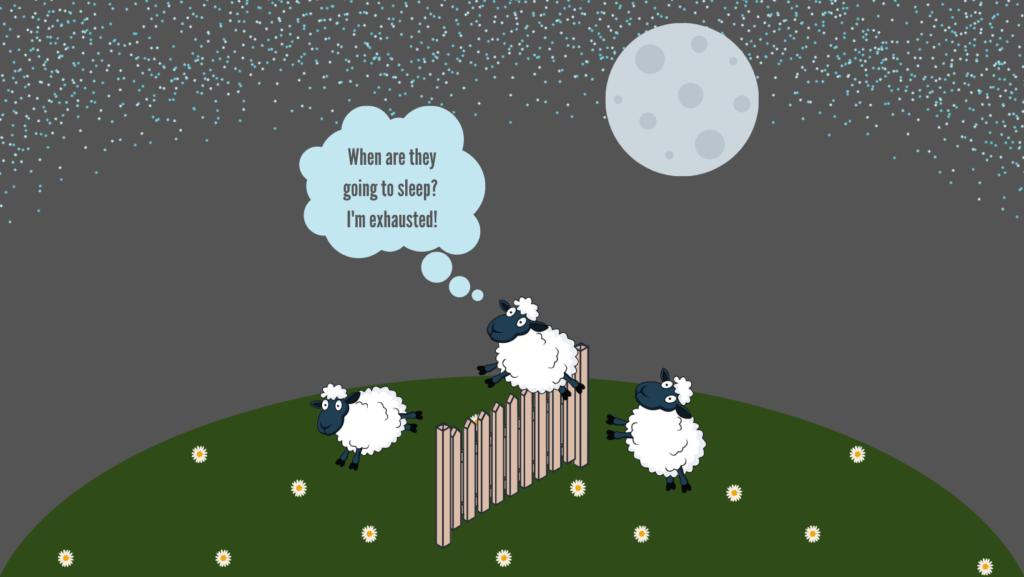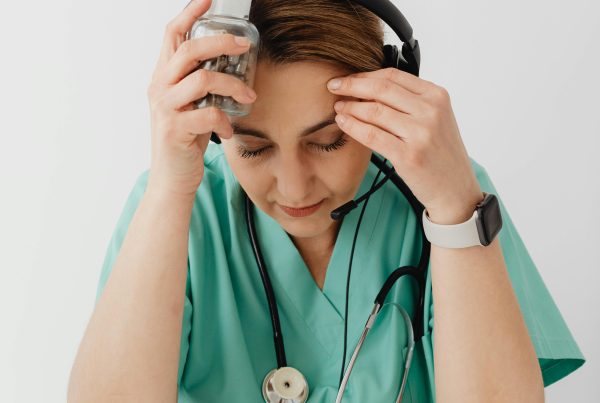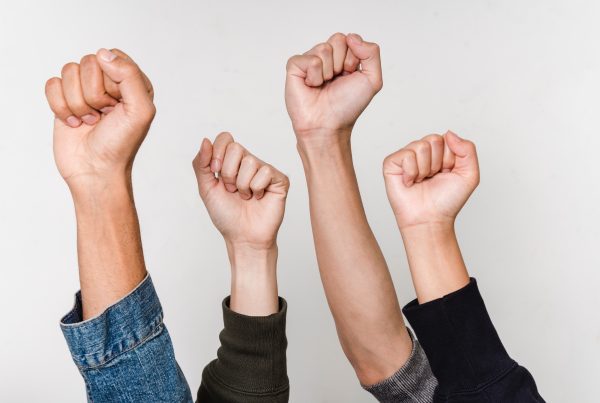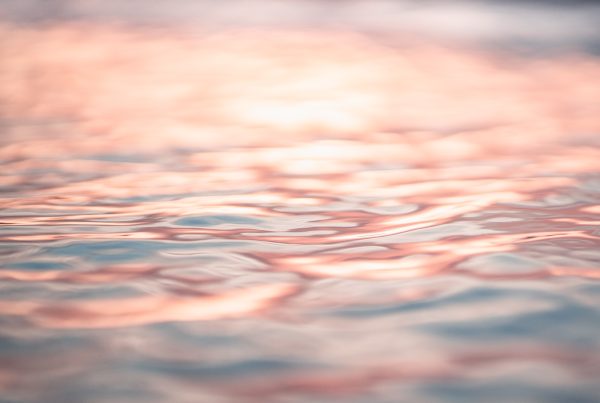
“Without enough sleep we all become tall two-year olds.”
Jojo Jensen
We have all heard that the average adult needs 7-9 hours of sleep but how many of us are getting our daily dose of zzz’s? It turns out we are actually sleeping less than what we did in the past. You might be thinking “why does this matter?” or “what real difference does it make if I sleep less?”.
Well, consider these interesting facts on why sleep is important:
- You may forget more, as sufficient sleep is required to consolidate memories.
- You may end up eating more if you sleep less because leptin levels decrease in those who are fatigued (Leptin is a hormone that regulates appetite).
- Insomnia increases risk of developing depression and/or anxiety.
- 16 to 17 hours of being constantly awake results in a performance decrement equivalent to a blood alcohol level of 0.05.
- It is estimated that 1 in 6 fatal road accidents are linked to fatigue.
- Only 1% to 3% of people are “short-sleepers” and require less than 6 hours of sleep.
It is not just about the amount of sleep we are getting; the quality of sleep is also important. There are a lot of factors which can affect our ability to fall asleep and stay that way throughout the night.
Here are a few interesting facts:
- Light (especially the blue light emitted by cell phones and other electronic devices) – negatively impacts falling asleep as it interferes with secretion of melatonin (sleep-inducing hormone).
- Noise – causes the most disruption to the sleep cycle, especially during the first and last two hours of sleep. It can also suppress immune function, even if the sleeper doesn’t wake up.
- Temperature – body temperature and the sleep-wake cycle of the brain work in tandem; you need to be warm, but your room needs to be cool.
- Alcohol – intake in the hours immediately prior to sleep often results in lighter sleep and early morning awakening.
- Flying – the lack of oxygen at high altitudes results in disturbed sleep.
Knowing this, what can we do to make sure we are getting the sleep we need? Well, that is where Sleep Hygiene comes in. These are the habits that allow us to have a good night’s sleep. Stay tuned for our next piece on creating good sleeping habits, in the meantime check out the links below for some more information.
https://www.abc.net.au/science/sleep/facts.htm
https://www.sleepfoundation.org/how-sleep-works/myths-and-facts-about-sleep
https://healthysleep.med.harvard.edu/need-sleep/whats-in-it-for-you/mood




